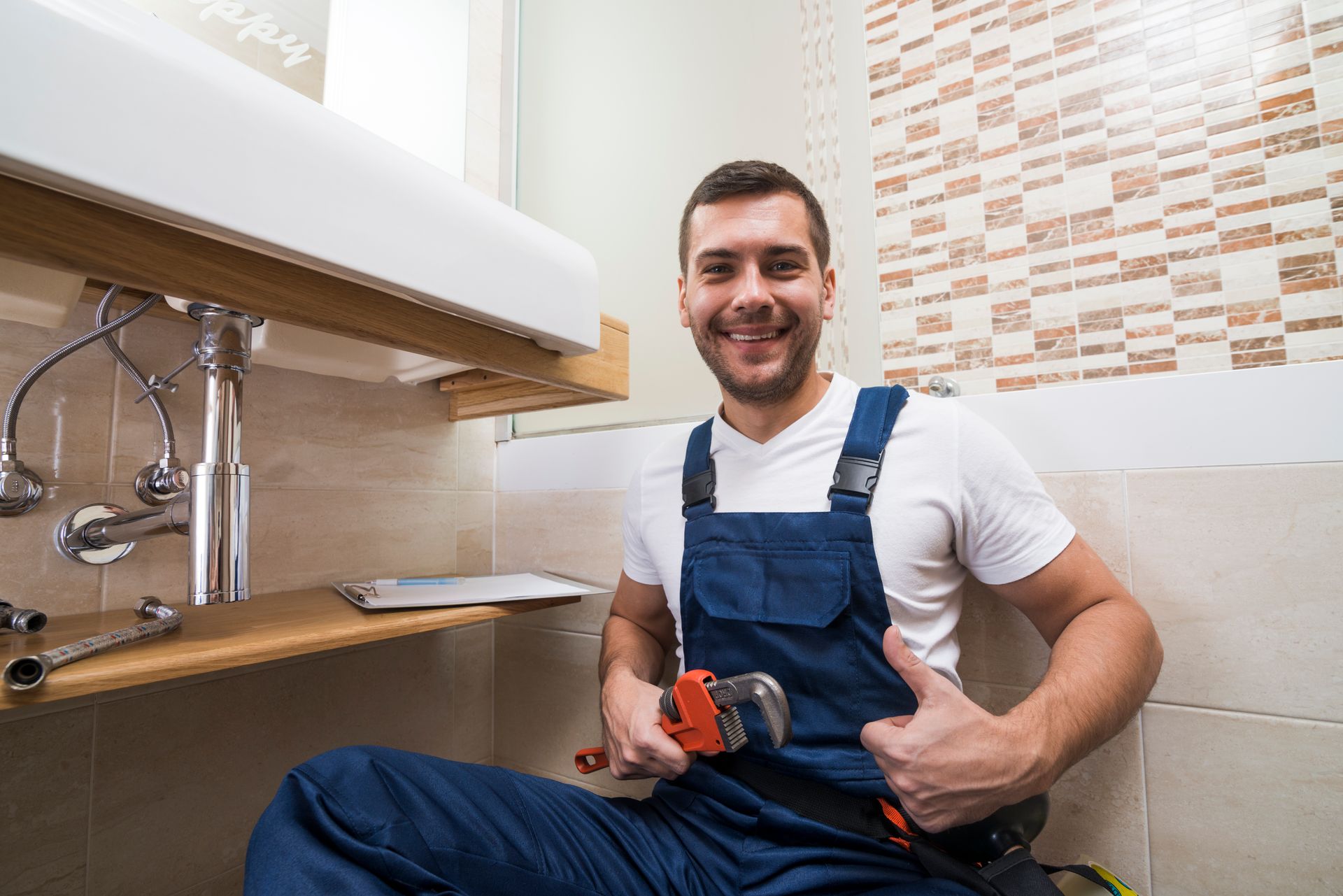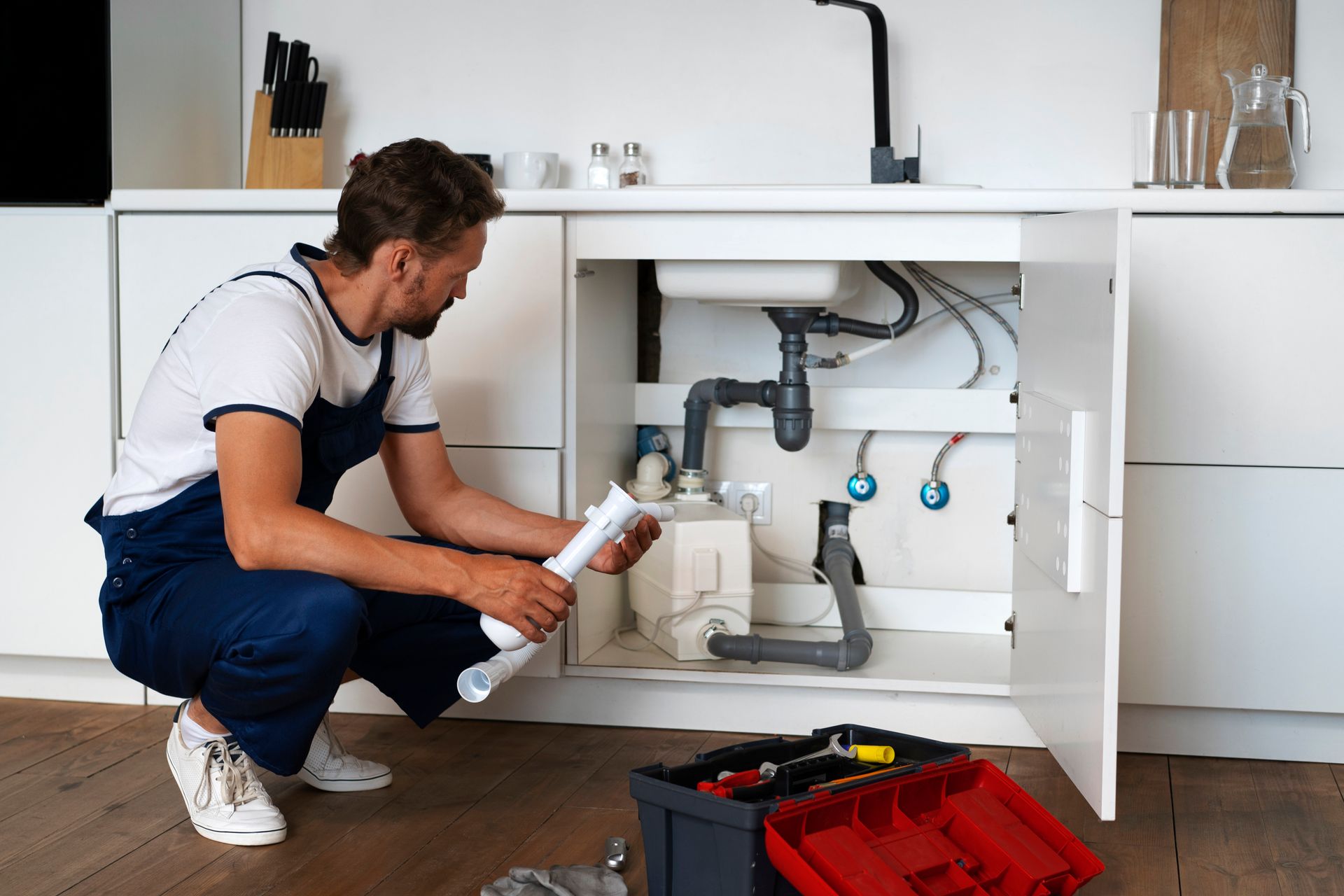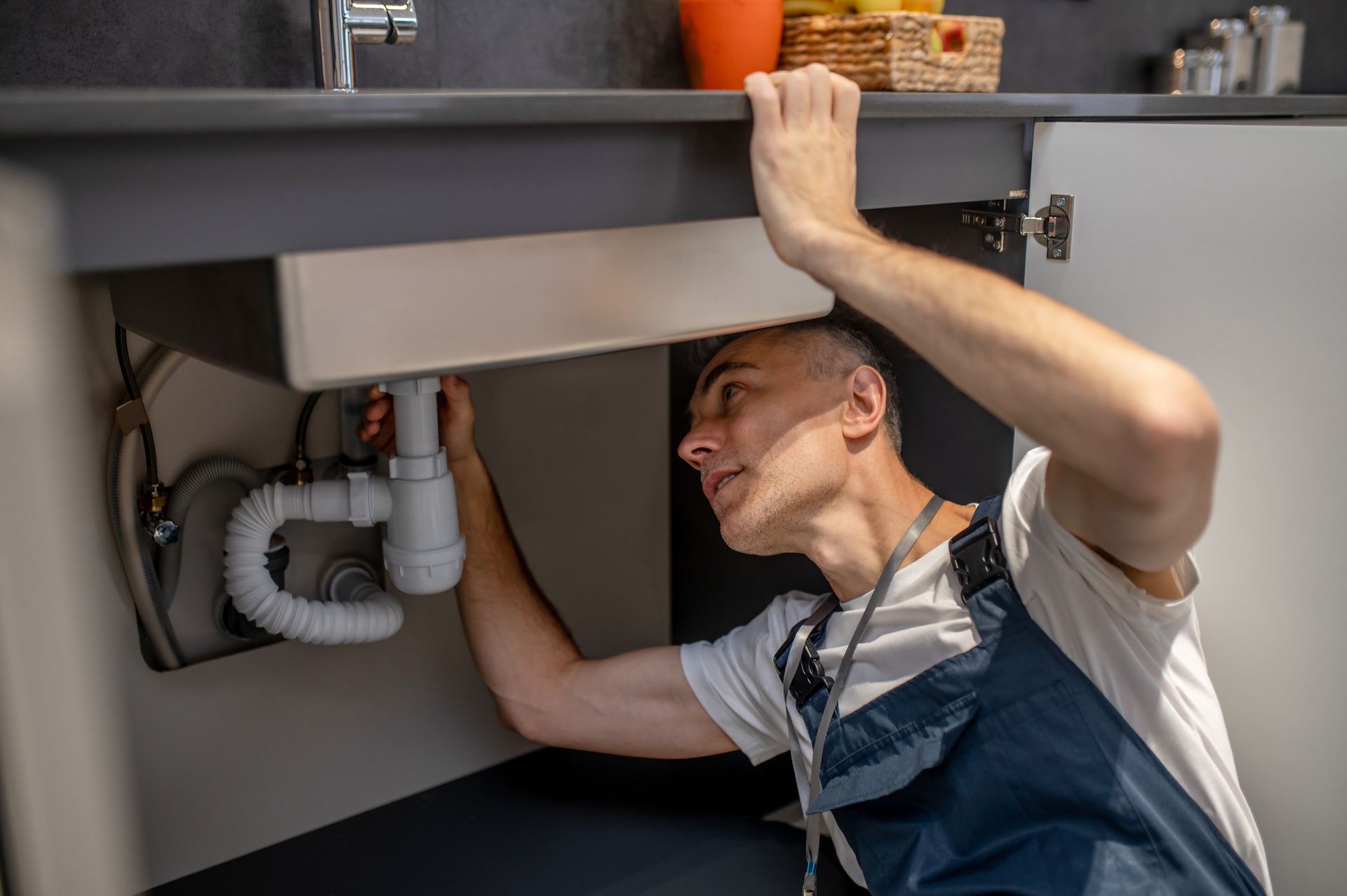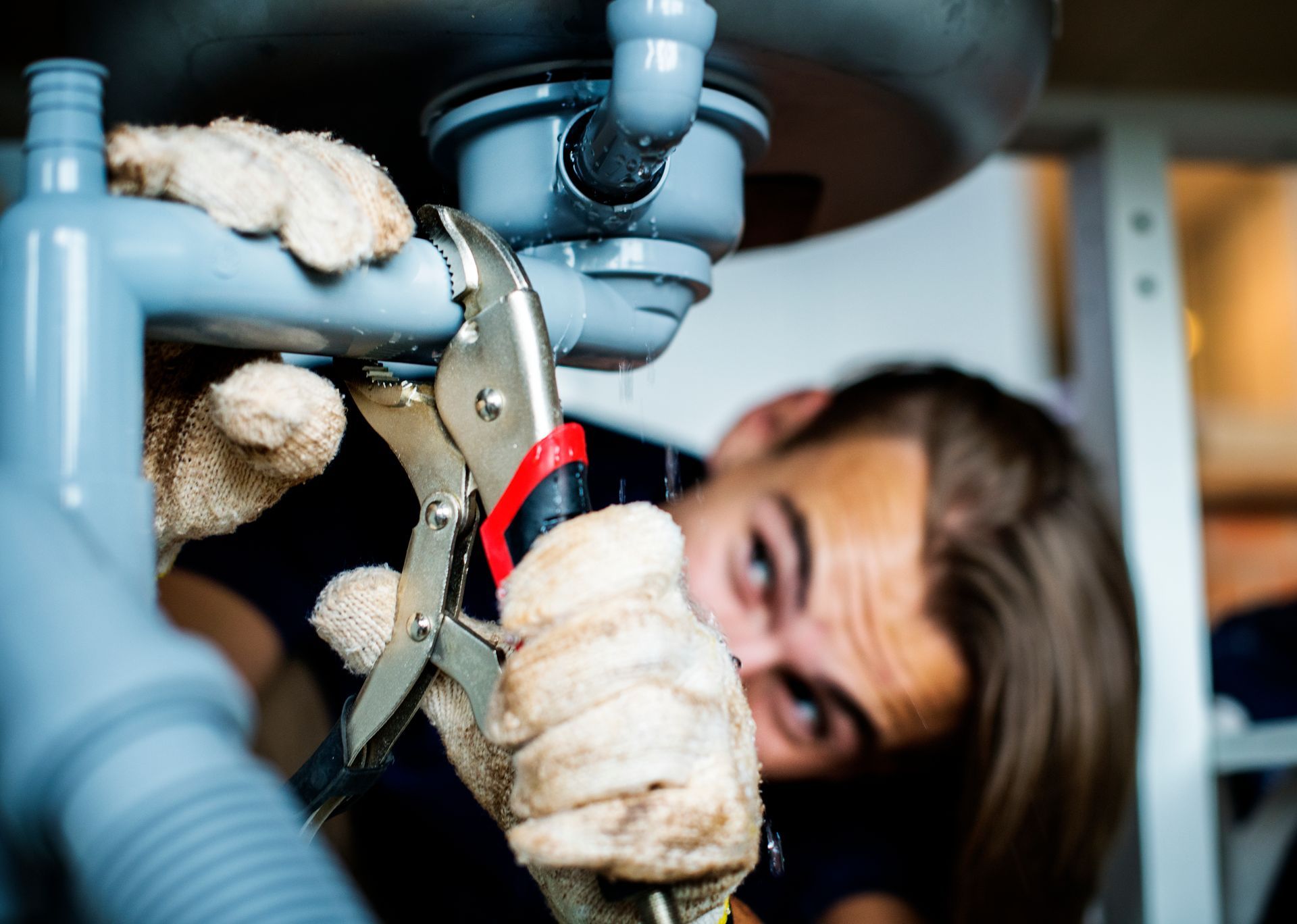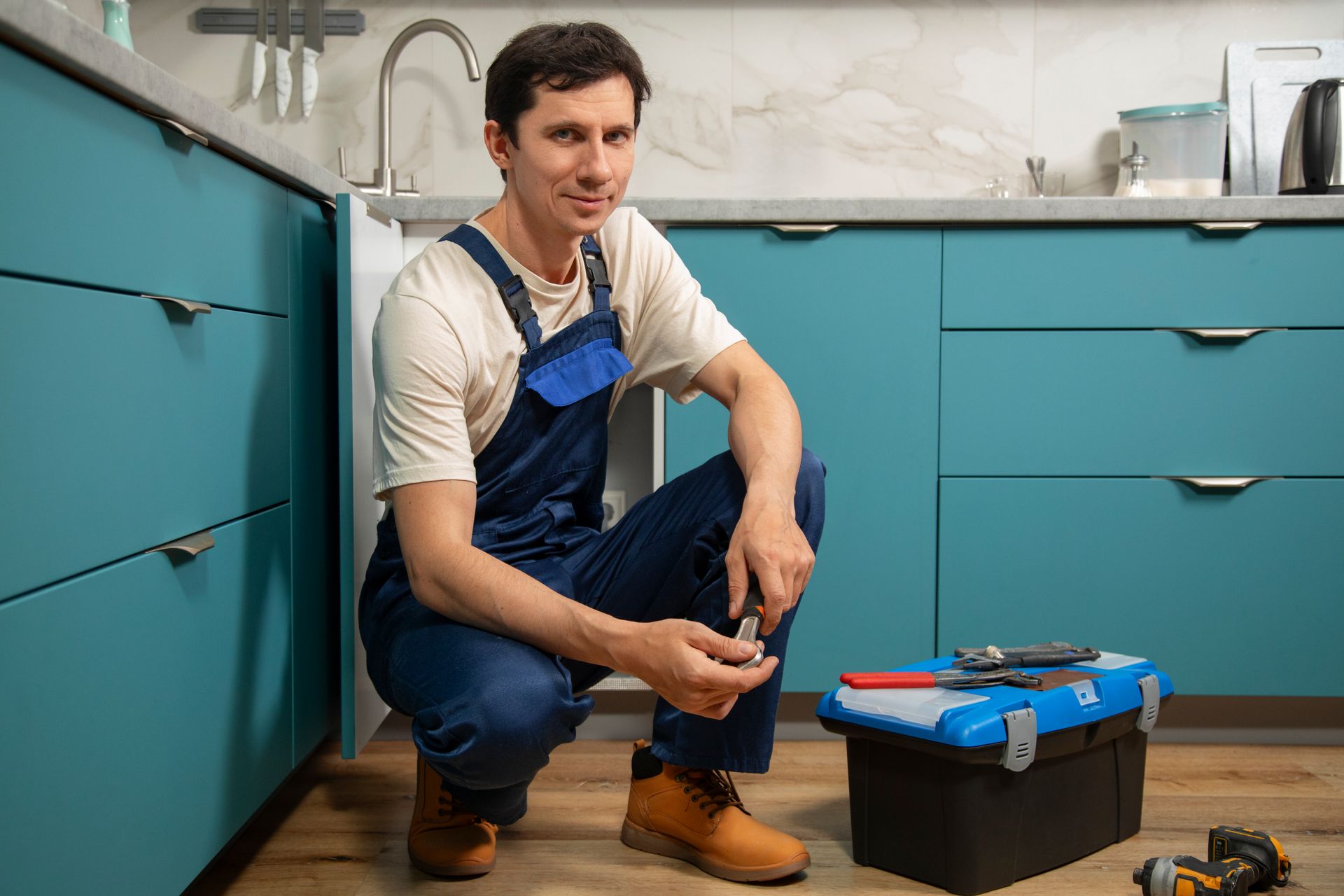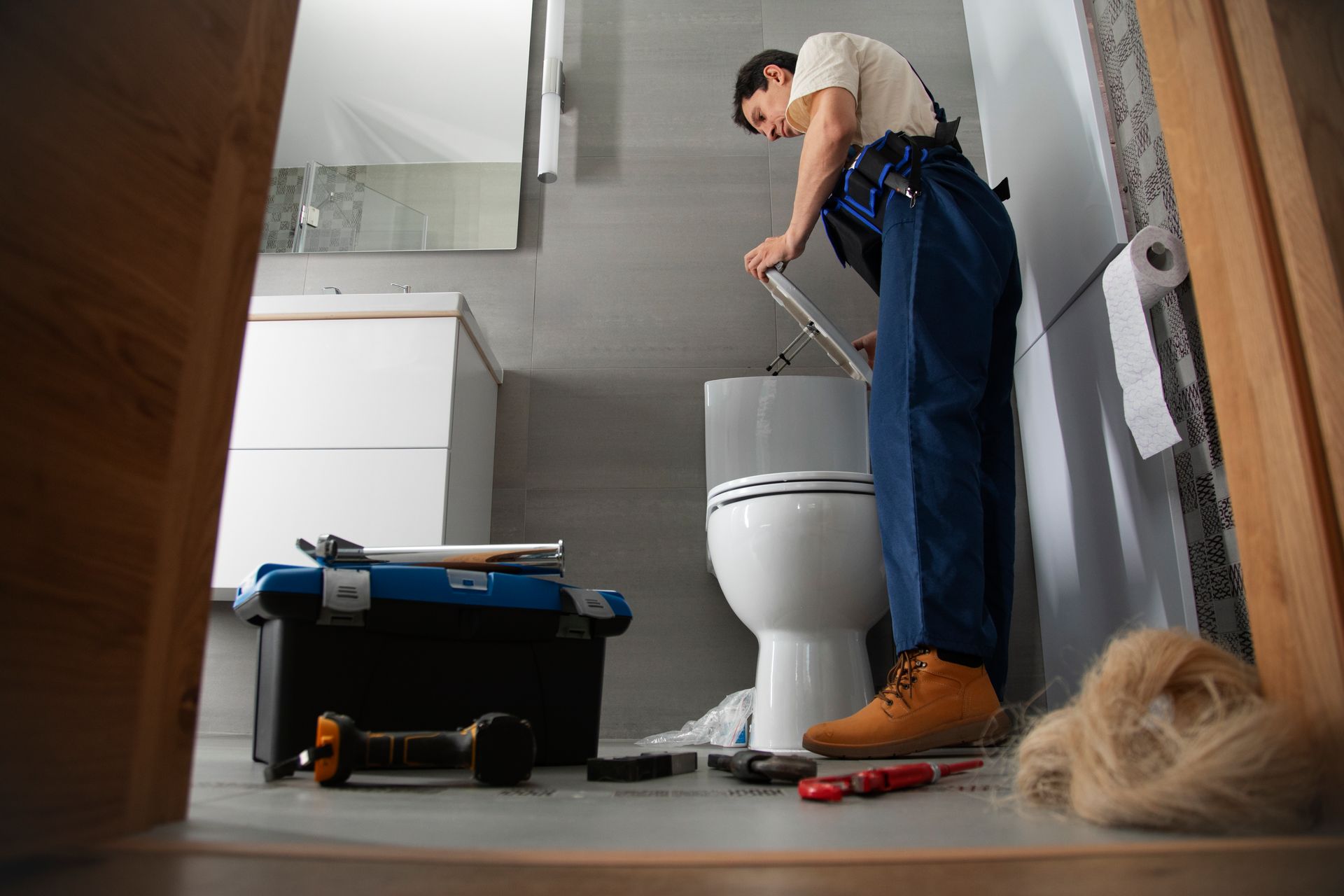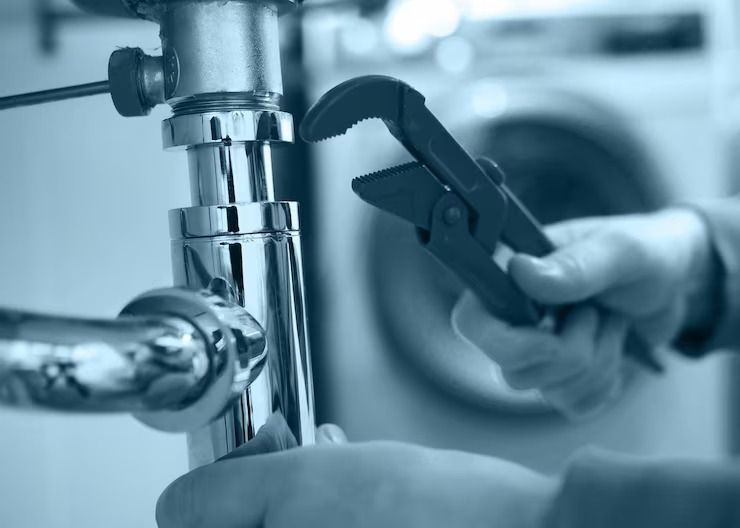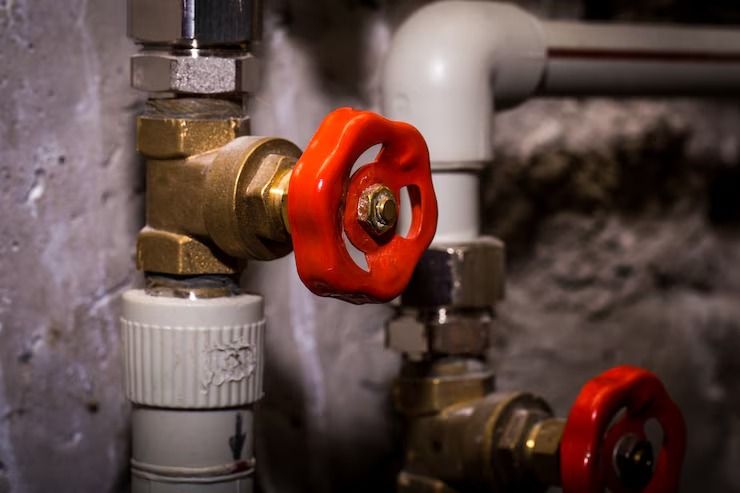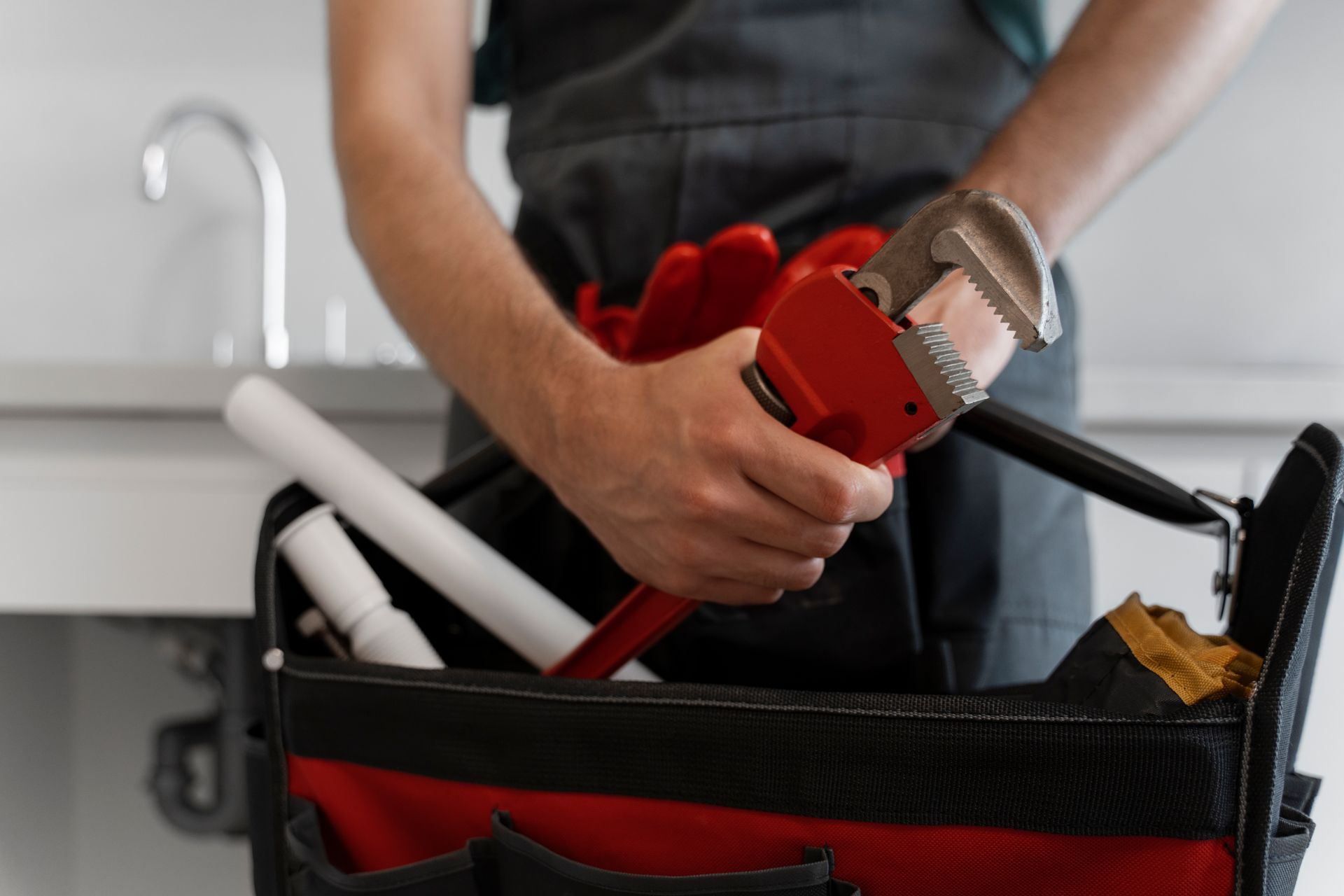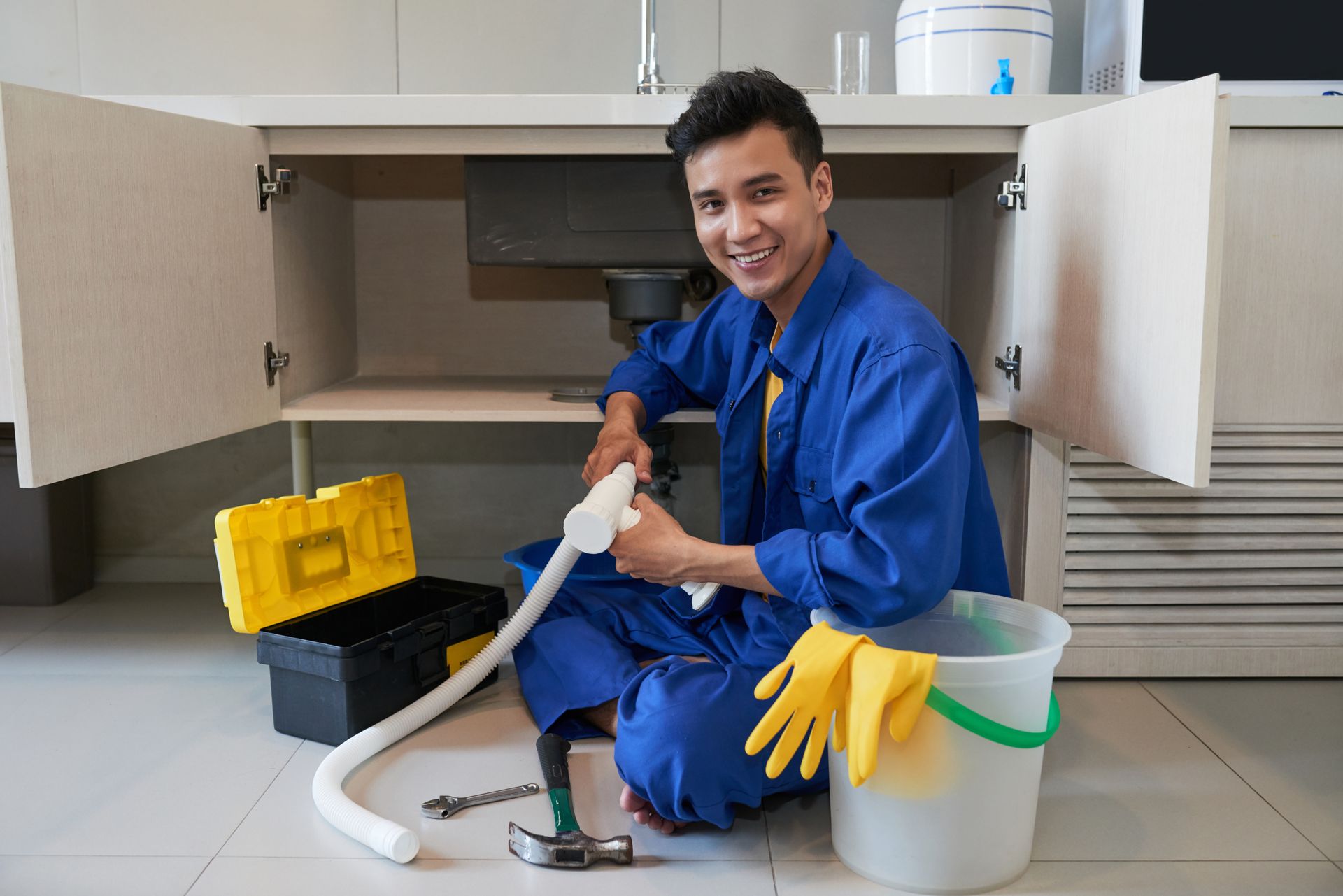What to Do Before Calling a Plumber for Emergencies
Dealing with a
plumbing emergency can be stressful, but knowing what to do before calling a plumber can save you time and prevent further damage. Whether it's a burst pipe, a clogged drain, or a malfunctioning water heater, staying calm and acting quickly is key. While some situations require professional help, there are a few steps you can take to minimize the issue until help arrives. From turning off the water supply to using basic tools, small actions can often make a big difference. In this blog, we'll walk you through the essential things to check and do before picking up the phone, ensuring you're prepared to handle emergencies with confidence.
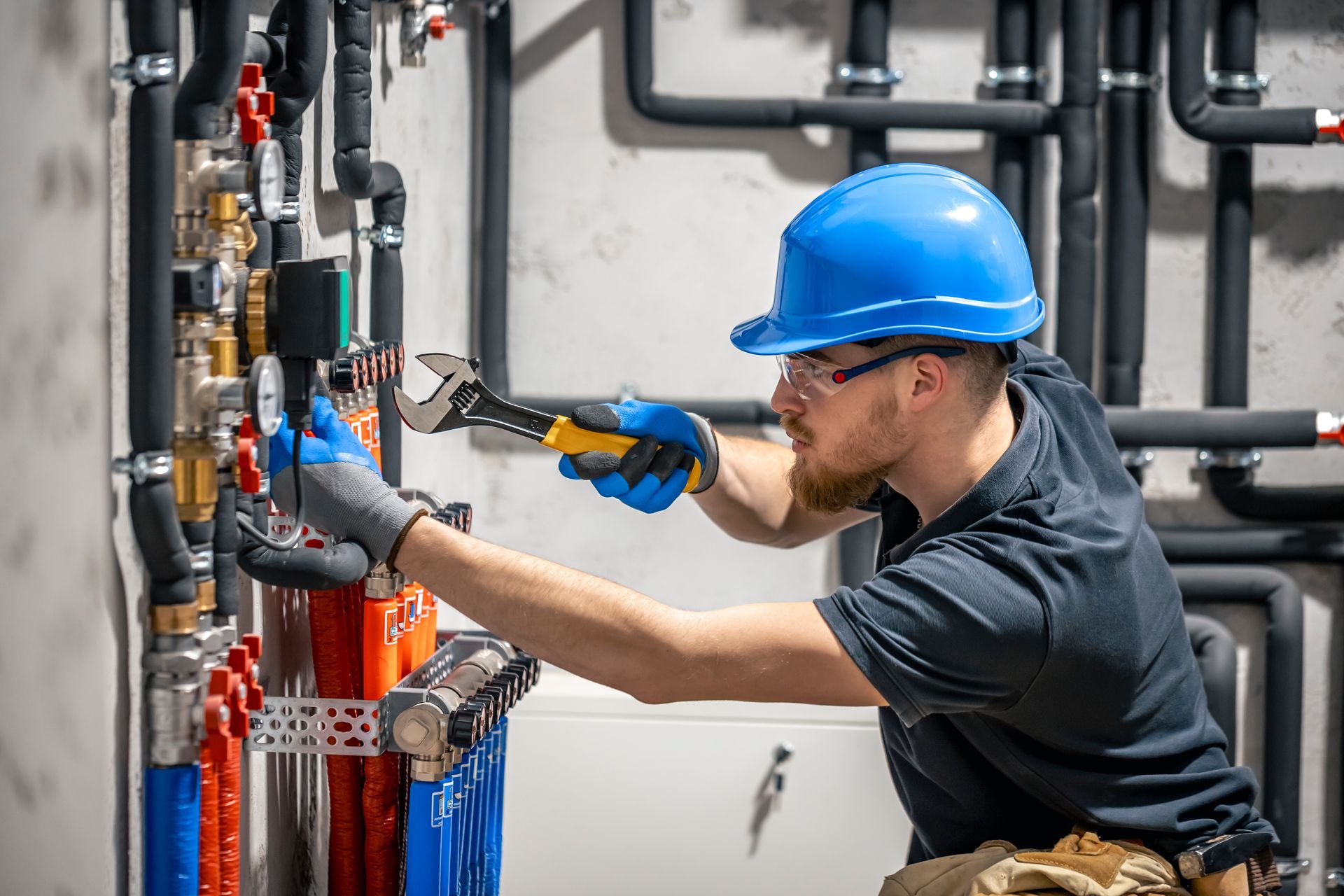
Quick Steps to Take Before Calling a Plumber in an Emergency
Plumbing emergencies often require quick thinking. The first step is to remain calm and assess the situation. Identify the source of the problem and determine if it’s a leak, clog, or more severe issue like a burst pipe. If possible, stop the water flow by turning off your home's main water valve. This can significantly reduce damage until the plumber arrives. Also, clear the area around the affected area to avoid water damage to your floors, furniture, or electronics.
Additionally, make sure you have all the necessary details ready when contacting a plumber. Note down the exact location of the problem and the type of issue. If you're unsure about the severity, give as much detail as possible so they can assess the situation over the phone and provide guidance on whether immediate action is needed.
How to Safely Turn Off Your Water Supply During a Plumbing Crisis
In any plumbing emergency, turning off your water supply is crucial to prevent further damage. Most homes have a main water shutoff valve, usually located near the water meter or where the water line enters your house. Familiarize yourself with its location before an emergency arises so you can quickly locate it. Turning off the water will stop the flow and help prevent flooding or extensive water damage.
If you’re dealing with a localized issue, such as a leaking pipe under the sink, you may only need to turn off the specific valve for that fixture. However, in the case of more widespread issues, like a burst pipe, it’s best to shut off the main supply to the house.
Assessing the Severity of Your Plumbing Issue: What You Need to Know
Before reaching for the phone to call a plumber, it’s important to assess how serious the plumbing issue is. Minor issues, like a slow-draining sink or a minor clog, may not require immediate professional help. You might be able to fix these on your own using a plunger or drain cleaner. However, if you have a flooded basement, a burst pipe, or severe water leakage, it's critical to contact a plumber right away.
Understanding the problem’s severity will help you manage the situation. For example, if water is spraying everywhere, stop it by turning off the water supply. For clogs, don’t use too many chemical drain cleaners, as they can cause pipe damage. Providing accurate details to a plumber can help them come prepared with the right tools, allowing them to handle the issue quickly and prevent further damage to your property.
Essential Tools to Have on Hand for Plumbing Emergencies
While some plumbing problems require professional assistance, having basic tools on hand can help you address emergencies until the plumber arrives. A good plunger is essential for dealing with minor clogs in toilets, sinks, or tubs. A pipe wrench or adjustable wrench can help you tighten or loosen pipes, while a flashlight can assist in locating hidden leaks. Additionally, having a bucket and towels can help contain and clean up water if leaks are present.
Some homeowners might also consider keeping a pipe repair kit that can temporarily seal leaks or cracks in pipes until a professional arrives. Another useful item is plumber's tape, which can help seal joints on pipes in case of a small leak.
When to Attempt a DIY Fix and When to Call in the Professionals
While DIY fixes can be appealing, there are times when it’s best to call in a professional. If you have a small, easily fixable issue, like a clogged drain or a leaky faucet, it might be worth attempting to fix yourself using a plunger or simple tools. However, attempting to fix more complex problems, such as a burst pipe or sewer line backup, can lead to further damage or personal injury if not handled correctly.
If you’re unsure about the severity of the problem, don’t hesitate to call a plumber for advice. Plumbers are trained to handle everything from leaks to large-scale pipe replacements. In cases where DIY fixes could worsen the issue, it's essential to leave the repair to a professional who has the expertise, tools, and experience to resolve it quickly and safely.
Avoiding Common Mistakes While Waiting for a Plumber’s Arrival
When a plumbing emergency arises, it’s easy to panic and make mistakes that could exacerbate the situation. One common mistake is using harsh chemicals to clear a clog, which can damage pipes or cause toxic fumes. Instead of using chemicals, try a plunger or a drain snake. Another mistake is attempting to fix a severe problem without the right knowledge or tools, which could make things worse.
Additionally, avoid leaving the area unattended. While waiting for the plumber, stay near the affected area so you can monitor the situation and provide any necessary updates when the plumber arrives. If there is water damage, use towels or a wet/dry vacuum to help control the situation. Avoid flushing toilets or running faucets, as this can increase the issue. Being cautious while waiting for professional help can save time, money, and further damage to your home.
How to Prevent Water Damage Before Help Reaches You
Water damage can escalate quickly in a plumbing emergency, so it's important to act fast to prevent it from spreading. The first step is to stop the flow of water by shutting off the main water supply. If the issue is localized, like a leak under the sink, turn off the specific valve for that fixture. Next, contain the water by using towels, rags, or even plastic sheeting to catch drips or small leaks.
If you have a flood, move furniture and valuables out of the affected area to prevent them from being damaged. It’s also a good idea to use a wet/dry vacuum or mop to absorb excess water. If the problem is extensive, you might consider using a pump to remove standing water until the plumber arrives.
What Information to Have Ready When Contacting a Plumber for Emergencies
When you call a plumber for an emergency, providing the right information can ensure they arrive prepared to handle the problem efficiently. Start by explaining the nature of the issue: whether it's a burst pipe, clogged drain, or a water heater malfunction. Be sure to mention any steps you’ve already taken, like shutting off the water supply or attempting a DIY fix.
Additionally, have details about the location of the problem ready, such as the room or area in your home. If the plumber asks for more specifics, such as the type of pipe or equipment involved, be prepared to answer. The more information you provide, the better prepared the plumber will be to arrive with the necessary tools and knowledge to fix the issue quickly and prevent further damage.
Conclusion
Plumbing emergencies are never convenient, but taking the right steps before calling a plumber can help prevent further damage and make the process smoother. By quickly identifying the issue, turning off your water supply, and using basic tools, you can often contain the situation until professional help arrives. It's also essential to stay calm and avoid common mistakes, such as using harsh chemicals or trying to fix complex problems yourself. Knowing when to call a plumber can save you both time and money.
If you're in Cleveland and need expert plumbing assistance,
Plunger Plumber is here for you. Our experienced team is available for emergencies, providing quick and reliable service. Call us at (216) 399-7569 for immediate assistance, and rest easy knowing that help is just a phone call away.
Ready to work with Plunger Plumber?
Let's connect! We’re here to help.
Send us a message and we’ll be in touch.
Or give us a call today at (216) 616-1468

